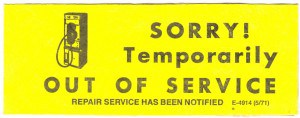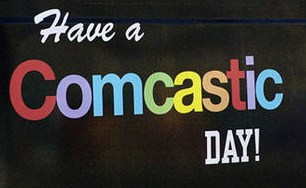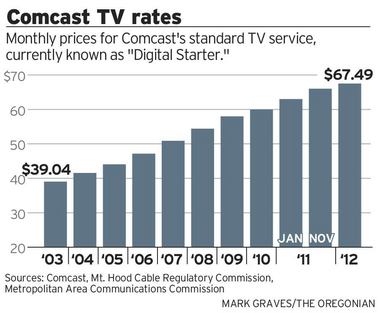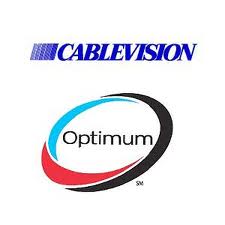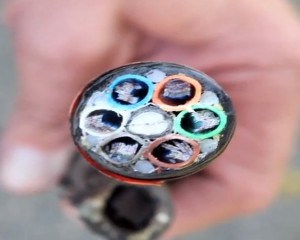 A homeless man’s mattress fire under a bridge in Massachusetts was enough to create the biggest telecommunications disaster for Verizon since the terrorist attacks of 9/11. The fire melted fiber and damaged copper cables that represented the backbone of Verizon’s landline network in the region, disrupting phone, cable, and broadband service for thousands of Verizon’s customers in northeastern Massachusetts in late August. Now that service has been restored, the damages from the outage and its ripple effects are still being calculated as questions are being raised about how the company handles its communications network.
A homeless man’s mattress fire under a bridge in Massachusetts was enough to create the biggest telecommunications disaster for Verizon since the terrorist attacks of 9/11. The fire melted fiber and damaged copper cables that represented the backbone of Verizon’s landline network in the region, disrupting phone, cable, and broadband service for thousands of Verizon’s customers in northeastern Massachusetts in late August. Now that service has been restored, the damages from the outage and its ripple effects are still being calculated as questions are being raised about how the company handles its communications network.
The damage went far beyond an inconvenience for Verizon customers:
- Area businesses were ripe for plundering with Verizon-dependent alarm systems out of service;
- Cell towers went down if they were connected by Verizon’s fiber optic network;
- Local law enforcement communication systems ceased to function in areas where Verizon provided the vital link between the dispatch center and transmitting facilities miles away;
- Banks and other local businesses closed down because Verizon-based connectivity was inoperable. That left ATMs throughout the region out of service and credit card transactions often impossible to manage;
- 911 systems in several communities had to transfer emergency calls to other 911 centers miles away;
- Even the Registry of Motor Vehicles locked their doors and shut down while the outage persisted over several days.
[flv width=”640″ height=”380″]http://www.phillipdampier.com/video/NECN Verizon telecommunications outage causes problems 8-31-12.flv[/flv]
NECN News reports on Verizon’s enormous Massachusetts service outage and how it impacted the lives of affected customers. (3 minutes)
Verizon’s landline network ultimately failed its Massachusetts customers on a scale the company admits it has not seen in a long time.
“It’s the biggest problem we’ve faced, nationally, other than 9-11,” Bill Wilson, area manager for Verizon, told the Eagle-Tribune. “This is the biggest problem we’ve had in 20 years.”
At the heart of the problem is Verizon’s lack of redundancy in its landline network. With fiber optic cables managing a larger share of broadband traffic, phone calls, and even Verizon’s television service, the loss of even a single fiber cable can disrupt service for hundreds or thousands of customers, many more than would be affected by a damaged copper cable.
State Sen. Barry Finegold (D-Andover) is questioning Verizon’s decision not to have a backup plan in place.
“So if there’s a fire there’s a redundant system in place so if one fails there’s another to back it up,” Finegold said.
Customers, particular those working from home, wholeheartedly agreed.
“I am appalled,” Shela Horvitz, a Verizon FIOS customer who lost her phone, Internet and TV service for days as a result of the fire, told the newspaper. “Can you say, ‘Single Point of Failure?’”
[flv width=”640″ height=”380”]http://www.phillipdampier.com/video/Eagle Tribune Verizon Talks to Media About Outage 9-2-12.flv[/flv]
Verizon officials show reporters what the fire did to their network and how they are going to restore service after a fire on Lawrence Central Bridge caused mass outages in the region. From the Eagle-Tribune. (4 minutes)
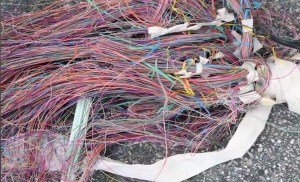 Verizon blames the entire affair on homeless people, who they say should not have been sleeping on top of their wires. The idea of network redundancy for Verizon’s landline network? “Cost prohibitive,” say company officials.
Verizon blames the entire affair on homeless people, who they say should not have been sleeping on top of their wires. The idea of network redundancy for Verizon’s landline network? “Cost prohibitive,” say company officials.
Joseph Zukowski, vice president for government affairs for the phone company, said the problem was so rare, it was comparable to a 100-year storm. He compared the outage with a natural disaster.
“We have extensive security measures to make the network as secure as possible,” Zukowski said. “We restrict building access and access to our cables. Nowhere on the list is a homeless guy lighting a match on a mattress. We’re not laying blame, but the best thing would have been not to have the tent city there.”
Local police acknowledge the bridge where the cables cross the Merrimack River is a popular spot for the local homeless to congregate, and they have attempted to control the problem. But nobody ever told them Verizon’s vital regional communications network infrastructure was at ground zero of the mattress fire.
“Going forward, if the stuff that’s there is so important, it really needs to be secured so nobody can get access to it,” said police chief John Romero.
Verizon has promised refunds for all affected customers.
[flv width=”640″ height=”380″]http://www.phillipdampier.com/video/Verizon Lawrence MA Bridge Fire Verizon Restoration 2012 9-1-12.flv[/flv]
A Verizon-produced video illustrates how the company is repairing its damaged network. The heat from the fire on August 27th melted and fused both fiber and copper cables, and the protective casings that house the cables.
Verizon: “The work to restore service is complex, given that technicians are splicing thousands of individual copper and fiber-optic connections in a very confined area under the bridge. The conduit structure that holds the cables, which was protected by a metal cage, was destroyed and needs to be replaced. Verizon crews have been working in 24-hour shifts since the fire to restore service for customers and will continue to do so until every customer is back in service.” (2 minutes)


 Subscribe
Subscribe
